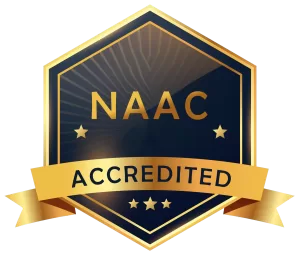Translational research, Road blocks and Solutions
Dr. Deepu George Mathew
Editor-in-Chief
Journal of Oral and Biomedical Sciences
Annoor Dental College and Hospital, Muvattupuzha, Kerala
Received: 23-02-2023
Revised: 24-02-2023
Accepted: 27-02-2023
Address for correspondence: Dr Deepu George Mathew, Annoor Dental College and Hospital, Muvattupuzha, Kerala. Email- deepugeorgemathew@gmail.com
This is an open access journal, and articles are distributed under the terms of the Creative Commons Attribution-Noncommercial ShareAlike 4.0 license, which allows others to remix, tweak, and build upon the work non-commercially, as long as appropriate credit is given and the new creations are licensed under the identical terms
How to cite this article: Mathew D G. Translational research, Road blocks and solutions. J Oral Biomed Sci 2022; 1:110-11
Translational research, Road blocks and solutions
Technological advancements are occurring at a fast phase in dentistry and other biomedical fields. Many new biological materials and methodologies are tested for various clinical applications in laboratories. But the lab to chairside transfer of these innovations are often marginal in real life scenario.1
The laboratory findings from invitro and animal-based studies has to go through a rigorous scientific validation by clinical trials before it can be used in routine clinical practice. It is often found that, good evidences regarding the efficiency or harm from the newer technology in basic research is lacking in order for the research to progress to human trials.2
The are many reasons for such a delay in the clinical translation of laboratory research findings which include the a) lack of understanding among the basic scientist regarding the clinical solutions required b) complex regulations involved in human trials and c) the lack of good evidence-based data from basic research.2,3
Hence the research should be conducted by a multidisciplinary team involving basic scientists and clinical scientists so that clinically relevant research questions can be framed and the appropriate laboratory techniques can be employed. This approach will help to derive clinically relevant quality data which can be effectively used for human clinical trials. 3
References
1. Faggion Jr CM. The (in) adequacy of translational research in dentistry. European journal of oral sciences. 2020;128:103-9.
2. Perry CJ, Lawrence AJ. Hurdles in basic science translation. Frontiers in pharmacology. 2017;8:478.
3. Kishen A. Translational research in dentistry: The need of the hour. Indian J Dent Res 2019;30:817-8.

